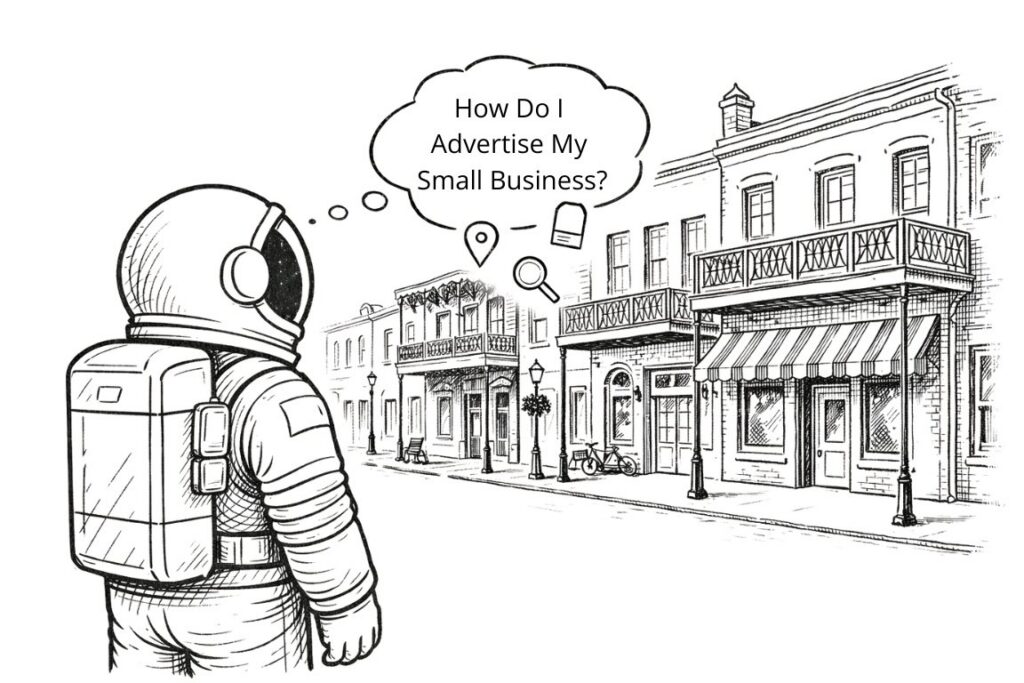
Essential Tools for Modern Marketers
Marketing technology is an essential part of modern marketing efforts. With the right tools and software, marketers can improve their efficiency, gain better insights into customer behavior, and create more effective marketing campaigns.
Introduction
In today's digital world, having a well-crafted marketing technology stack is essential for businesses of all sizes. A marketing technology stack, also known as a martech stack, is a collection of tools and software that marketers use to plan, execute, and measure their marketing campaigns.
Having a well-rounded marketing technology stack can help marketers in many ways. It can provide a single source of truth for customer data and interactions, allowing marketers to gain a complete view of their customers and provide personalized experiences. It can also help marketers automate repetitive tasks and focus on more strategic and creative tasks. And, most importantly, it can provide insights into customer behavior and help marketers create more effective marketing campaigns.

Role of marketing tools and platforms
Marketing tools and platforms are the building blocks of a marketing technology stack. These are the tools and platforms that marketers use on a daily basis to manage their marketing activities, such as email marketing, social media management, and analytics.
There are many different types of marketing tools and platforms available, each designed to meet specific needs and objectives. For example, email marketing tools allow marketers to create and send targeted email campaigns, while social media management tools help them manage and track their social media presence. Analytics tools, on the other hand, provide insights into customer behavior and help marketers understand how their campaigns are performing.
Using marketing tools and platforms can provide many benefits to marketers, such as improved efficiency and productivity, better insights into customer behavior, and more effective marketing campaigns.
Here are some examples of marketing tools and platforms that you can consider for your marketing technology stack:
Email marketing tools: Email marketing tools allow marketers to create, send, and track email campaigns. These tools provide features such as templates, personalization, segmentation, and analytics to help marketers create effective email campaigns and improve their results. Some popular email marketing tools include Mailchimp, Constant Contact, and AWeber.
Social media management tools: Social media management tools help marketers manage and track their social media presence across different platforms, such as Facebook, Twitter, and Instagram. These tools provide features such as scheduling, analytics, and collaboration to help marketers manage their social media accounts efficiently and effectively. Some popular social media management tools include Hootsuite, Buffer, and Sprout Social.
Analytics tools: Analytics tools provide insights into customer behavior and help marketers understand how their campaigns are performing. These tools provide features such as tracking, reporting, and visualization to help marketers make data-driven decisions and improve their marketing efforts. Some popular analytics tools include Google Analytics, Adobe Analytics, and Mixpanel.
Essential marketing software
In addition to marketing tools and platforms, marketing software also plays a key role in a marketing technology stack. Marketing software includes more complex and specialized tools, such as customer relationship management (CRM) systems and marketing automation platforms.
CRM systems are essential for managing customer data and interactions and can help marketers understand their customers better and provide personalized experiences. These systems provide features such as contact management, lead tracking, and analytics to help marketers manage their customer data and interactions. Some popular CRM systems include Salesforce, Microsoft Dynamics, and HubSpot.
Marketing automation platforms, on the other hand, allow marketers to automate repetitive marketing tasks, such as email marketing and social media management, freeing up their time to focus on other tasks. These platforms provide features such as lead generation, lead nurturing, and analytics to help marketers automate their marketing processes and improve their results. Some popular marketing automation platforms include Marketo, Pardot, and ActiveCampaign.
Using marketing software can provide many benefits to marketers, such as improved efficiency and productivity, better customer insights, and more effective marketing campaigns.
Building a comprehensive marketing technology stack
Having a well-rounded marketing technology stack that includes both tools and software is essential for modern marketers. Building a comprehensive marketing technology stack requires careful planning and consideration of your business needs and objectives.
Here are some tips to help you select the right marketing tools and software for your business:
Research available options: There are many different marketing tools and software available, and it's important to research and compare the different options to find the ones that best meet your needs and budget. Take the time to read reviews and compare features and pricing to make an informed decision.
Seek recommendations from industry experts: Ask your peers and colleagues in the industry for recommendations on the best marketing tools and software to use. They may have valuable insights and experiences that can help you make the right decisions.
Consider integration and budget constraints: Building a marketing technology stack can involve integrating different tools and software, which can be challenging. It's important to consider potential integration challenges and budget constraints when selecting tools and software for your stack. Look for tools and software that can easily integrate with each other and fit within your budget.
Once you have selected the right tools and software for your marketing technology stack, it's important to implement them properly to ensure that they are effective. This may involve setting up and configuring the tools and software, integrating them with each other and with your other systems, and providing training and support to your team to ensure that they know how to use them effectively.
Challenges and solutions
Building a marketing technology stack can involve overcoming challenges such as integration and budget constraints.
Integration challenges can arise when different tools and software need to be connected and work together. This can involve ensuring that the tools and software are compatible with each other and that they can share and exchange data seamlessly. To overcome these challenges, it's important to carefully plan and design your marketing technology stack, and to select tools and software that can easily integrate with each other.
Budget constraints can also be a challenge when building a marketing technology stack. Marketing tools and software can be expensive, and it's important to carefully consider the costs and benefits of each tool and software to ensure that you are getting the best value for your money. To overcome budget constraints, it's important to prioritize the tools and software that are most important for your business and to carefully compare the different options and select the ones that provide the best value.
Conclusion
In conclusion, building a strong marketing technology stack is essential for modern marketers. By using the right marketing tools and software, marketers can improve their efficiency and productivity, gain better insights into customer behavior, and create more effective marketing campaigns.
If you're looking to improve your marketing efforts, start building your marketing technology stack today and experiment with different tools and software to find what works best for your business. Remember to carefully research and compare the different options, seek recommendations from industry experts, and consider integration and budget constraints when building your marketing technology stack.
Overcoming challenges such as integration and budget constraints is essential for building a successful marketing technology stack. And, most importantly, remember to regularly review and update your marketing technology stack to ensure that it continues to support your marketing efforts and help you achieve your goals.
iProv is ready to help if you're a business owner looking for assistance developing your marketing technology stack employing the important technologies for modern marketing.
In order to choose and use the best tools and software for your company, you can get advice from our team of professionals, who can also make sure that your marketing technology stack is comprehensive and effective. Contact us today to learn more and get started with iProv!



